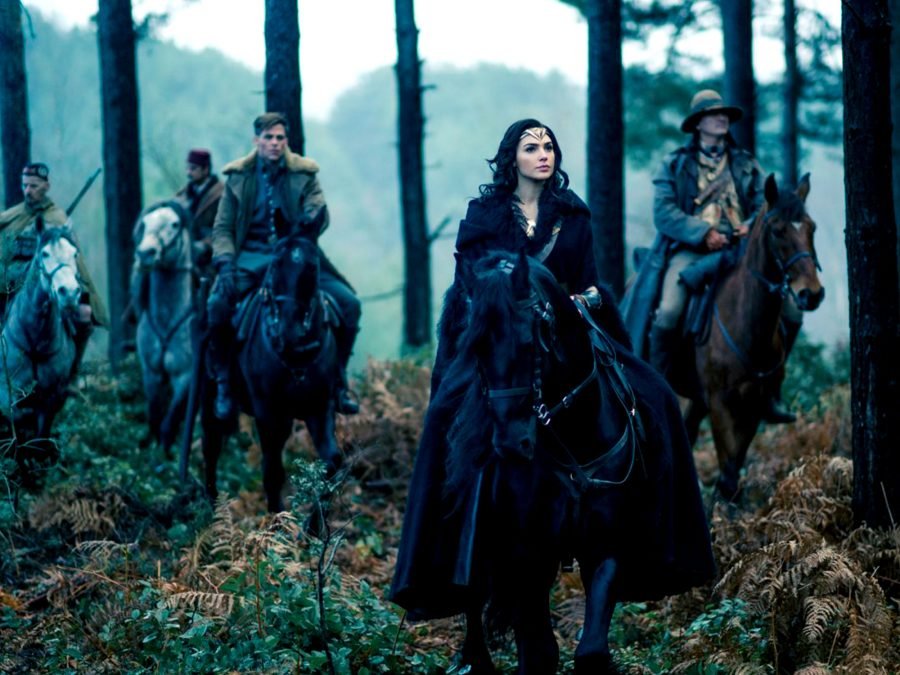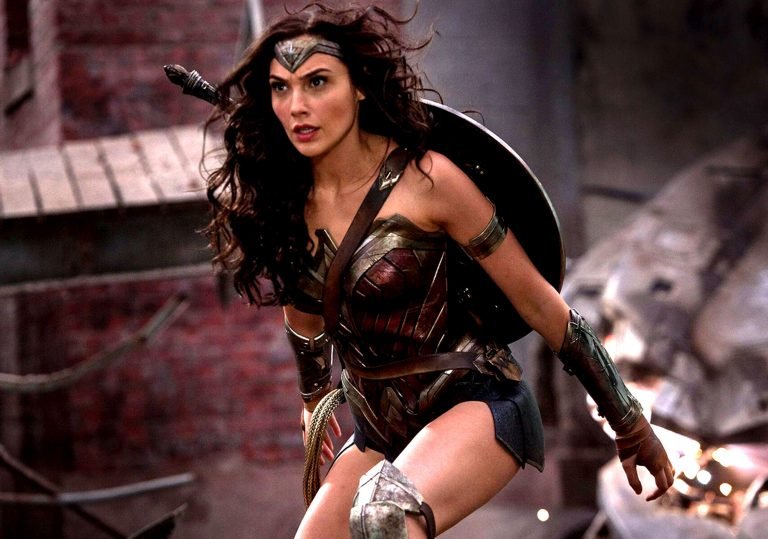There’s a moment about an half an hour into Patty Jenkin’s Wonder Woman, when you just know that things are not what they seem to be. Until then, her version of the DC superhero franchise is more slow burn than taut, all mood and very little humour.
Diana (Gadot), lives in an magical tropical island inhabited only by women. She has taught hand-to-hand combat skills from an early age. Chris Pine’s awkward spy, Steve Trevor, has been airdropped in the picture-perfect world. He has also brought a small fleet of bloodthirsty Germans into their midst. After fighting the Germans off (and losing her beloved aunt in the process), Diana lands in the chamber of imprisoned Trevor, who is also the first man she has seen in her life. She walks into him talking a bath and makes effort to hide her curiosity about his body. “Are you an average man?” asks Diana, sizing him up. “From where I come from, I am above average,” is his flustered reply.

And that’s the biggest feminist triumph of Jenkin’s film. It bases a man-woman relationship on the common ground of curiosity. In the heterosexual world, the tragedy of men and women is that each has something the other needs, but how to get it? Both Diana and Trevor choose not to play the game of beguilement.
After that scene, power dynamics of Diana-Trevor relationship is firmly established. Jenkins ensures that her hero is never given the short shrift but she also makes her follies come through. Indeed, in Wonder Woman we have a superhero who is given the space to think, process and be.
As Jenkins leads Diana to a war-ravaged London to fulfil her destiny, Wonder Woman becomes a different film in mood and texture. Though London is overcast, gloomy, Jenkins and Diana bob about the city like Bonny and Clyde.
If Zack Snyder’s hard-to-watch Batman V Superman: Dawn of Justice, where Diana makes her first appearance, was like taking a long, suffocating dip in the testosterone pool, Wonder Woman is definite contrast. It’s a reflective superhero film. Here the action sequences do not have Gadot going through the motions like a machine. You can see she the pain in her eyes, the desperation in her face.
Though Diana is governed by child-like innocence in Wonder Woman, the director ensures that she is never infantilised. The stirring of desire in her is palpable. She sees Trevor and wants him, for 100 different reasons: He’s the only man around. He’s a mystery to her. He’s just—there is no other way to put it—hot.

In the final showdown sequence, where she has finally comprehended that the duality of human nature, Diana’s worldview is shattered. But the survivor in Diana is not the one to give up. Like a true superhero, she wipes the slate clean and starts afresh.
Thank you DC, can’t hardly wait for more!
All images sourced from Warner Bros

















